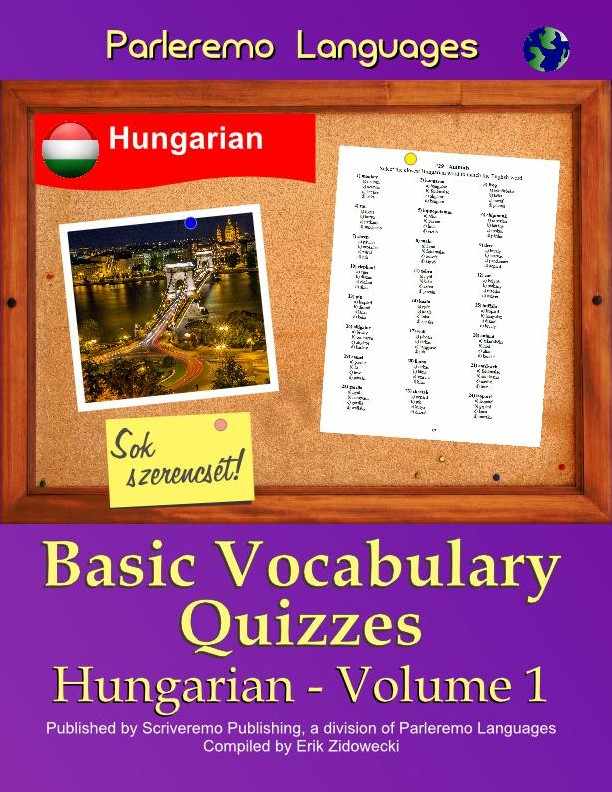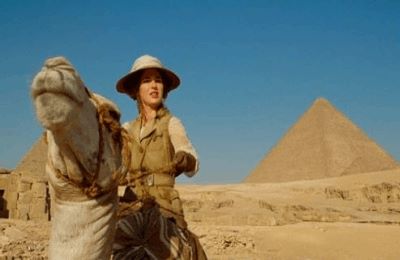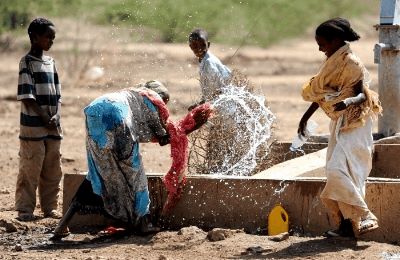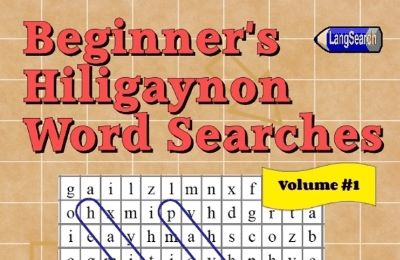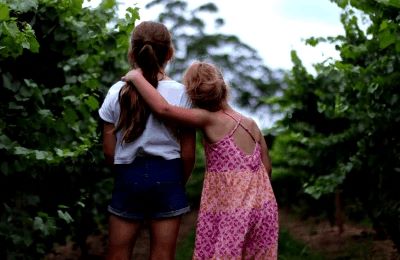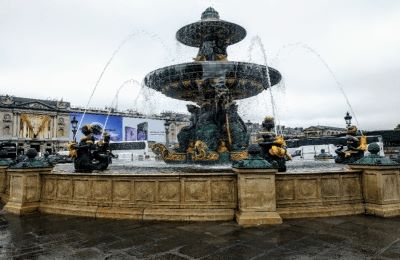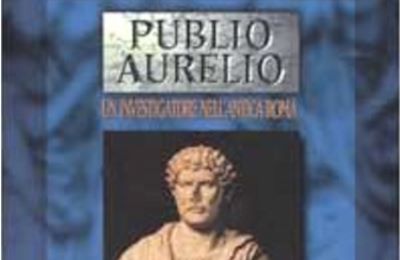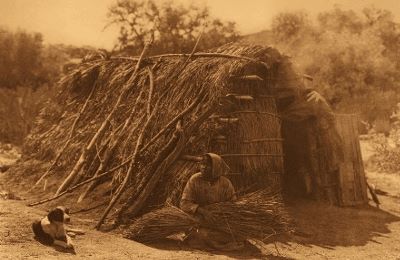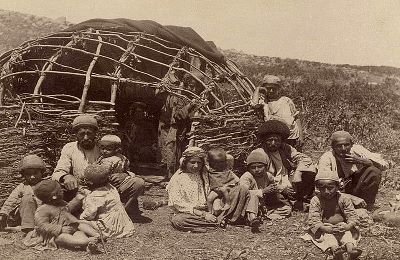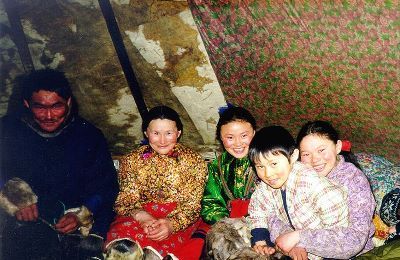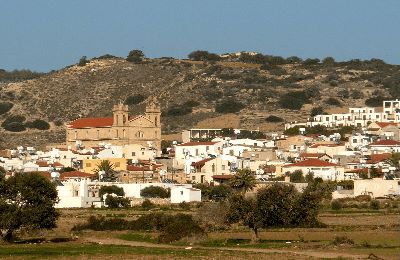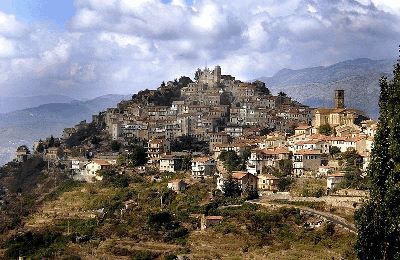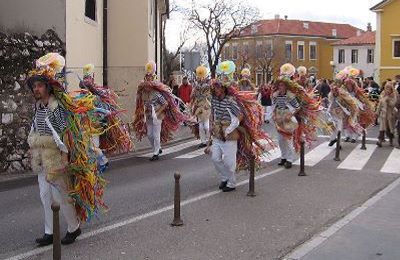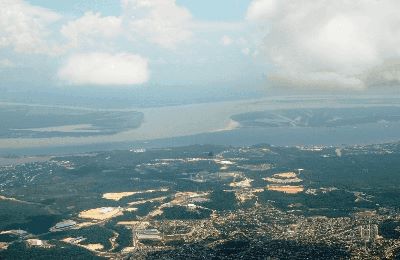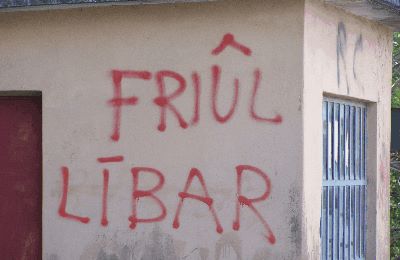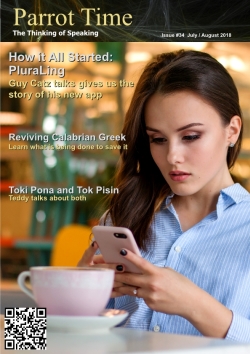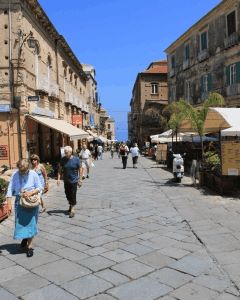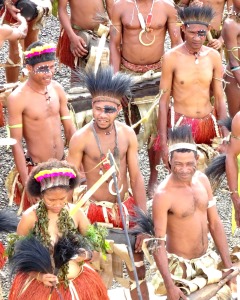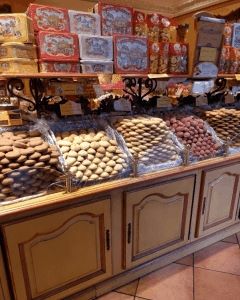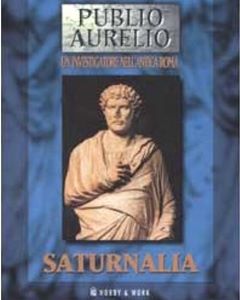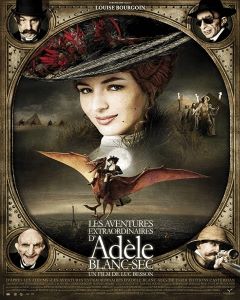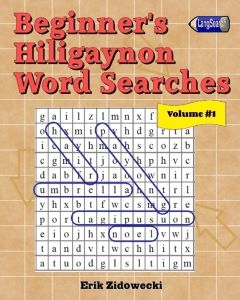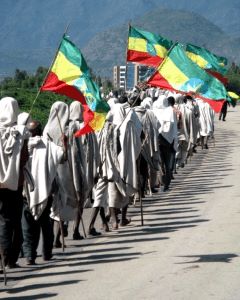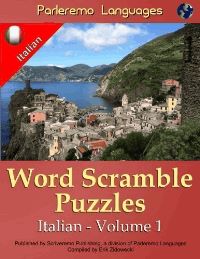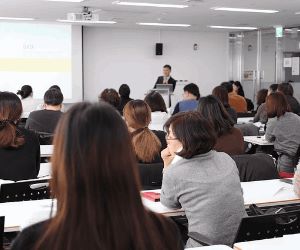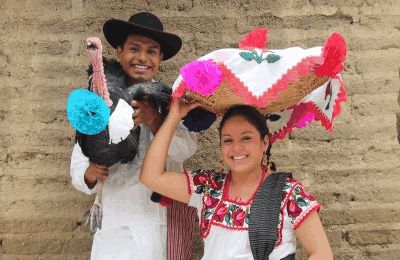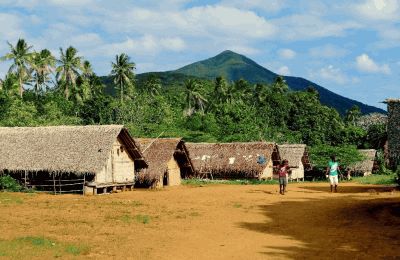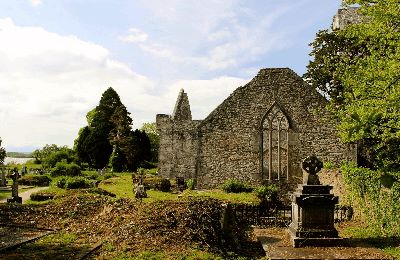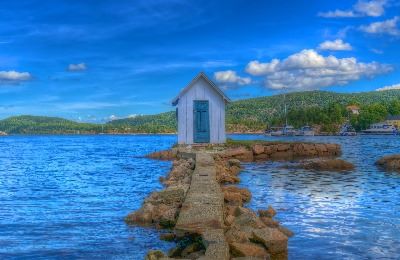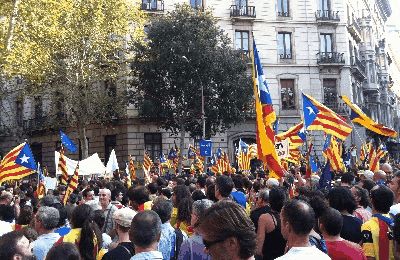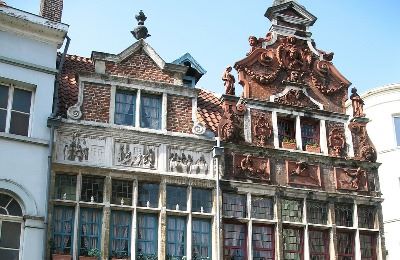|
Calabria is the southernmost region of Italy. In this land of ancient history and culture - even though it is, unfortunately, less well-known than other places in the Italian Peninsula - a particular Greek variety is still spoken. The name of this Hellenic dialect spoken in the "toe of Italy" is known as "Calabrian Greek" (whose endonym is "Greko"), and in this article, I am going to write a brief profile about it. WHERE IT IS SPOKEN Today 16 Calabrian municipalities, all of these in the Metropolitan City of Reggio di Calabria, recognise Greek according to Italy's law 482/1999 concerning its historical linguistic minorities (which include Greek itself): Bagaladi, Bova, Bova Marina, Brancaleone, Cardeto, Condofuri, Melito di Porto Salvo, Montebello Jonico, Motta San Giovanni, Palizzi, Reggio di Calabria, Roccaforte del Greco, Roghudi, Samo, San Lorenzo, Staiti. However, Calabrian Greek - which has a hundred speakers, almost all elderly people - today can be only found in Bova, Bova Marina, Gallicianò (a small outlying suburb hamlet of Condofuri), Roghudi, and in some quarters of Reggio. 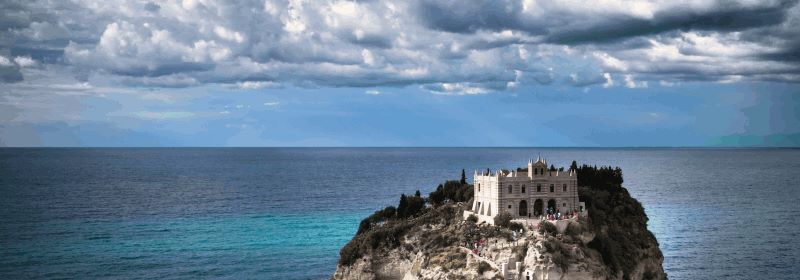 Despite this, during the 13th century, Greek was spoken throughout Southern Calabria - roughly from Catanzaro to Reggio - and even in North-Eastern Sicily. This means that from that century onwards Greek influence was reduced more and more due to the pressure of the Italo-Romance varieties. ORIGINS The origins of Calabrian Greek has been a matter of debate within Romance and Modern Greek philology. Throughout its history, Calabria experienced two waves of Hellenism: - The Classical one = Calabria was the heart of the Ancient Greek colonisation of Southern Italy later known as "Magna Graecia" ("Greater Greece" in English) during the 7th & 8th centuries BC. Examples of Greek "poleis" in present-day Calabria are "Rhegion" (Reggio di Calabria), "Lokroi Epizephyroi" (Locri), and "Kroton" (Crotone); - The Byzantine one = in the 6th century AD, Calabria was annexed by the Eastern Roman Empire during the Gothic War (535-553). During this period Calabria became one of the main centres of the Byzantine Monasticism. In the years 1059-1060, the region was conquered by the Normans, but in Calabria, Greek remained the main language, as we have already seen, for another two centuries. In the middle of these waves, the Roman rule started in the 3rd century BC. The question is: "Did Greek manage to survive in the Roman-age Calabria?". 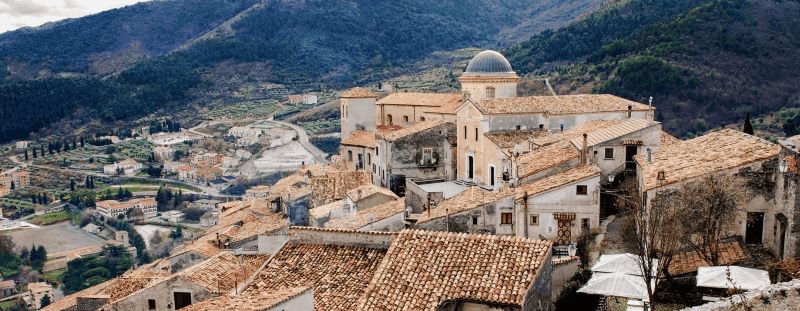 The most important of the theories questioning about the origin of Calabrian Greek is that argued by German linguist Gerhard Rohlfs (1892-1986). He stated that there is linguistic continuity since Antiquity (although with Byzantine influences). According to him, it was impossible that Greek disappeared before Latin, since Greek was a language of a huge prestige and spoken as a second language by the Roman élites themselves; moreover, he found several archaic features in "Greko" which can not be found any more in Greece, for example, the use of the infinitive verb, today totally absent in Standard Modern Greek. Rohlfs's theory seems today to be the most accepted within the academic world, although some scholars still argue Calabrian Greek is of medieval (Byzantine) origin since in any case, it remains more similar to Modern Greek than to Ancient Greek. "IF YOU SPEAK ME, I LIVE" This is the name of the crowdfunding campaign which has been set up (because Calabrian Greek's situation is dramatic) by a group of young language activists - led by Maria Olimpia Squillaci, native Calabrian Greek speaker and PhD in linguistics at the University of Cambridge - of the Metropolitan City of Reggio di Calabria, "To ddomadi greko" ("The Greek Week" ; named after the Summer School held every year in Condofuri by Dr. Squillaci). The goals of this crowdfunding campaign are twofold: 1) The establishment of three free and permanent linguistic laboratories in Reggio, in Bova, and in Condofuri in order to teach Calabrian Greek to children and adults; 2) A documentation centre related to the Greek concept of "filoxenìa" (which can be translated as "hospitality"). The official site of the campaign "If you speak me, I live" ("An me platèzzise zìo" in Calabrian Greek) - available in Italian, English, and Standard Modern Greek - is: https://semiparlivivo.wordpress.com. EXAMPLES OF THE LANGUAGE The most famous song in Calabrian Greek is "Èla mu kondà" ("Come close to me"), written by the poet Mastr'Angelo Maesano (1915-2000):
MAIN SCIENTIFIC WORKS ON CALABRIAN GREEK Giuseppe Delfino is a member of the group "To ddomadi greko" cited in the article. He's a L2 Calabrian Greek speaker and activist for it since 2004. |
| Languages in Peril - Calabrian Greek | ||||||||||
| Writer: | Giuseppe Delfino | |||||||||
| Images: | ||||||||||
| ||||||||||
| Sources: | ||||||||||
| ||||||||||
All images are Copyright - CC BY-SA (Creative Commons Share Alike) by their respective owners, except for Petey, which is Public Domain (PD) or unless otherwise noted.
|
Searching for language resources? Scriveremo Publishing, has lots of fun books and resource to help you learn a language. Click the link below to see our selection of books, availlable for over 30 langauges!
| |
comments powered by Disqus
